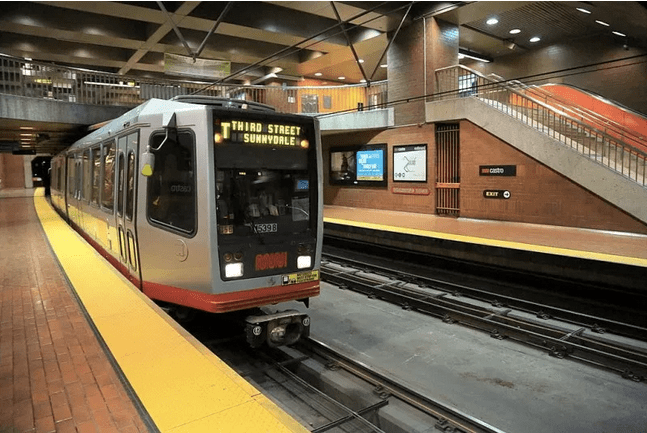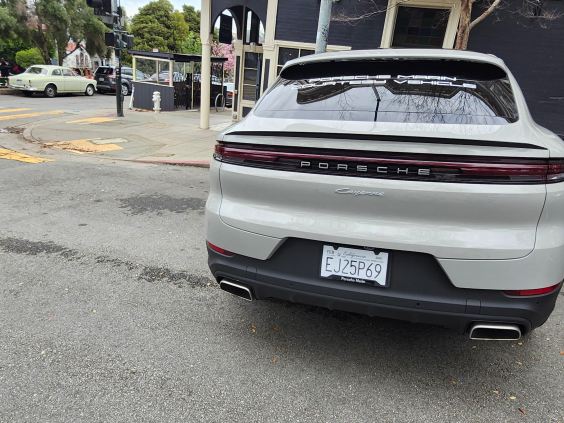San Francisco will stop running Muni trains starting March 30, the SFMTA announced today.
From SFMTA's release:
...all Muni Metro and light rail routes will be replaced by buses. Customers can take bus substitutions for the J, KT, L, M, and N lines using the same bus stops as the early morning Metro bus service. Muni Metro subway stations will be closed, except for downtown stations which will remain open to customers taking BART during their operating hours.
Closing the Muni Metro underground system will allow us to redirect custodial resources to other, higher-use facilities and minimizes risk to our station agents. Based on our ridership data and observations, we do not expect these changes to impact the ability of our riders and operators to maintain social distance. And while the rail system is closed to passengers, we plan on doing important maintenance work to our vehicles and infrastructure. It’s a unique opportunity to improve the state of good repair of our system and come out of this shutdown stronger than ever.
The release also points out that Muni Rapid routes--the 5R, 9R, 28R, and 38R--will be discontinued, except for the 14R Mission Rapid.
Muni metro vehicles are small though, and the system carries less than a quarter of the ridership of Muni bus.
— TransitCenter (@TransitCenter) March 26, 2020
Local bus services will continue during all hours of service. Bus operators, meanwhile, have been instructed to skip stops if their buses become too crowded to maintain social distance.
Muni's system carries over 700,000 people on an average weekday. Those ridership numbers have dropped precipitously under work-from-home orders and the COVID-19 epidemic. Muni has been losing $1 million a week due to drops in ridership, as reported in the San Francisco Examiner.
Streetsblog will update this story as more information becomes available.






